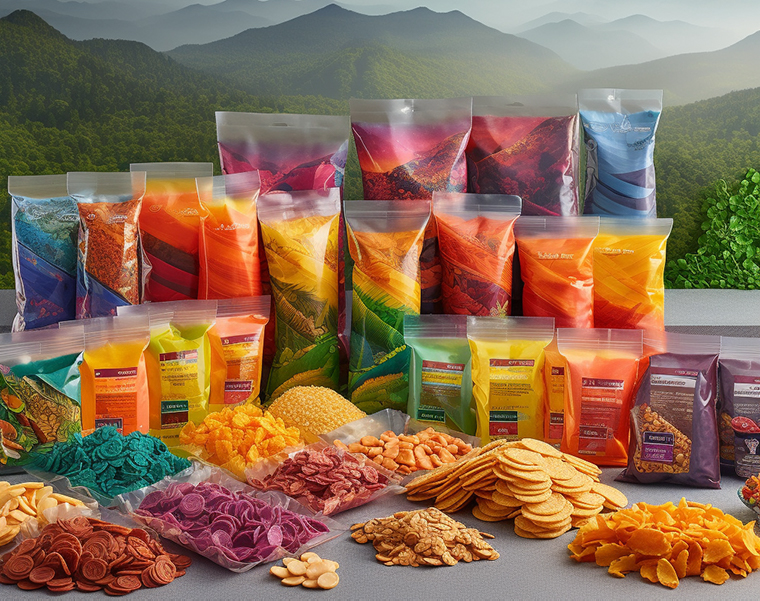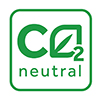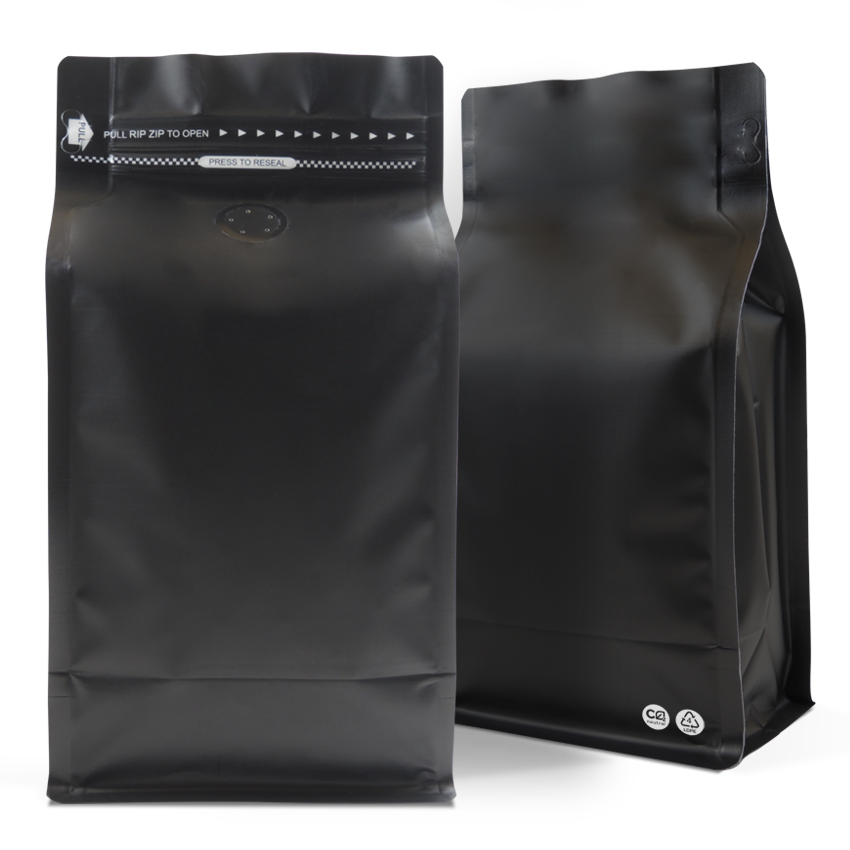Blog
Innovation in PCR Packaging: Mass Balance
Over the past 19 years, The Bag Broker has emerged as a significant contributor to the flexible packaging industry.
Our journey has been marked by CO2 neutral operations, BRCGS certification, the introduction of the UK’s first compostable bags, and the successful completion of countless custom projects worldwide.
In this article, we want to shed some light on sustainable packaging methods, particularly the application of Post-Consumer Recycled (PCR) content and the Mass Balance approach. In this piece, we dive into the nuances and possibilities this innovative approach offers.

Demystifying the Mass Balance Approach
In the sustainability-driven landscape of packaging, the Mass Balance method serves as an accounting mechanism to trace the quantity of recycled content throughout the supply chain. This approach allows manufacturers like us to blend virgin and recycled materials during production while keeping a precise record of the recycled content incorporated.
The rationale behind the Mass Balance approach is to ensure that for each unit of recycled material fed into the production process, a matching amount of product can be labeled as ‘recycled content’.
The Indispensable Role of Mass Balance in PCR Packaging
The role of Mass Balance in PCR packaging is multifaceted and includes the following:
Stimulating the Use of Recycled Material
By making it economically viable for manufacturers to incorporate more recycled content in their products, the Mass Balance approach plays a pivotal role in facilitating increased use of recycled materials.
This ultimately simplifies the manufacturing process and reduces associated costs.
Boosting Transparency and Fostering Trust
The Mass Balance methodology provides a mechanism for verifying claims about recycled content. Through this approach, we at The Bag Broker can accurately state the percentage of recycled content in our products, strengthening the bond of trust with our customers and retailers.
Advocating for Sustainability
By incentivizing the use of recycled materials, the Mass Balance approach actively advances sustainability goals. It helps lessen reliance on virgin resources, contributes to waste reduction, and often leads to lower energy consumption during manufacturing.
Addressing Challenges and Implementing Solutions in Mass Balance
While the Mass Balance approach offers numerous benefits, it is not without its difficulties. These include the complex task of tracking and verifying the quantity of recycled content throughout the supply chain and the risk of greenwashing. Maintaining precise records is essential to prevent misrepresentation about a product’s recycled content.
To tackle these challenges, companies can implement robust tracking systems and standardized procedures. Moreover, third-party certifications like the Recycled Claim Standard (RCS) or the Global Recycled Standard (GRS) can help standardize the verification process and enhance transparency about recycled content claims.
Conclusion: Mass Balance as the Future of Sustainable Packaging
Despite the challenges, the Mass Balance approach holds significant promise for fostering sustainability in packaging. With growing environmental consciousness among consumers, the demand for recycled packaging is set to rise. By employing the Mass Balance approach, companies like The Bag Broker can position themselves at the forefront of this sustainability-driven shift in the packaging industry.
Embracing the Mass Balance approach is not only a step towards environmental responsibility but also an opportunity to lead in the market of sustainable packaging. By accurately claiming and verifying recycled content in packaging, we can meet the increasing consumer demand for eco-conscious products, thereby defining the future of manufacturing processes.



Pingback: 5 Common Packaging Mistakes | The Bag Broker UK
Pingback: The Rise of PCR Flexible Packaging: A New Era for Sustainability | The Bag Broker UK